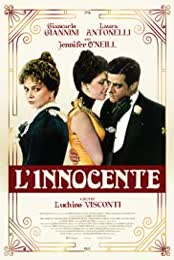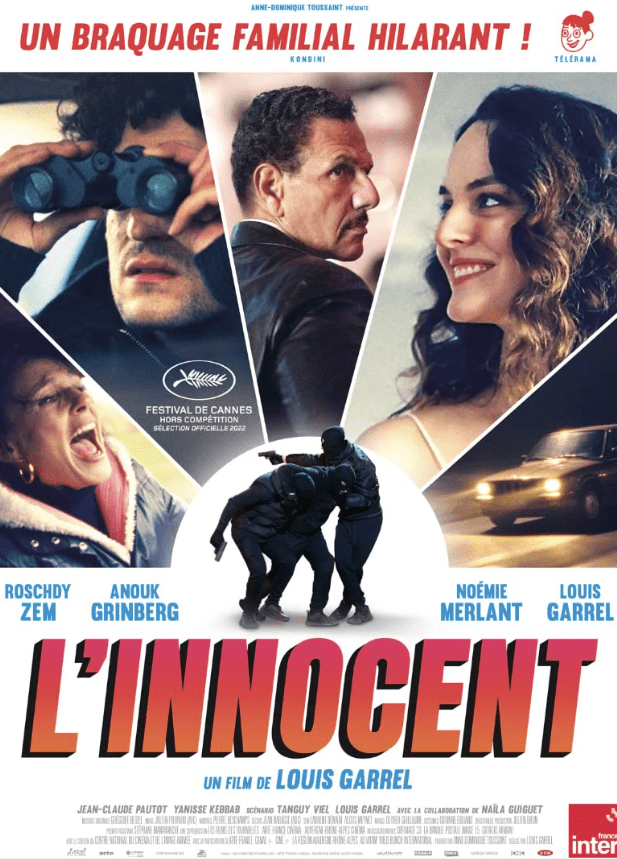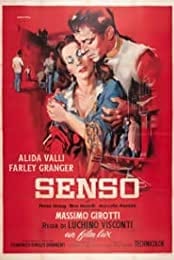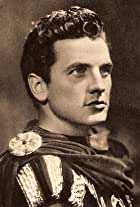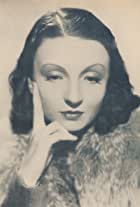
Rina Morelli
Birthdate – November 24, 1908 (116 Years Old)
Birthplace – Naples, Campania, Italy
Spanning five decades of Italian cinema, Rina Morelli’s screen appearances were always interesting and powerful, but it is on the stage that she produced her most interesting and ground-breaking work. She debuted, aged seven, in ‘Morte Civile’ by Paolo Giacometti, directed by the famous stage actor Ermete Zacconi alongside her father Amilcare Brillanti. Her first notable success was ‘Liliom’ by Ferenc Molnár opposite Annibale Betrone. In 1938, she joined the company of the Teatro Eliseo in Rome and spent the next few years appearing alongside Gino Cervi, Andreina Pagnani and Paolo Stoppa who would become her life-long partner. Their many successes include William Shakespeare’s ‘La dodicesima notte’ (Twelth Night) (1938) and ‘Le allegre comari di Windsor’ (The Merry Wives of Windsor) in 1939; the adaptation of the French play ‘Les jours heureux’ by Claude-André Puget (Giorni Felici) also in 1938. In 1944 they all appeared in Ernst Eklund’s ‘Quartetto pazzo’ directed by ‘Guido Salvani’, remade for the big screen in 1945 with the same team except for Andreina Pagnani who was replaced by Anna Magnani in the role of Elena. It was after the war though that Rina Morelli would be at her most powerful in plays directed by the brilliant Luchino Visconti with whom she would work almost exclusively in the theatre for the next 20 years. His directing genius and her versatility as an actress would perfectly serve modern plays like ‘Parenti terribili’ (Les parents terribles) by Jean Cocteau (1945), Jean Anouilh’s ‘Antigone’, ‘A porte chiuse’ (Huis clos) by Jean-Paul Sartre appearing alongside Paolo Stoppa and Vivi Gioi (all in 1945) and ‘Zoo di vetro’ (The Glass Menagerie) by Tennessee Williams (1946). She triumphed in 1949 in another Tennessee Williams’ play: ‘Un tram che si chiama desiderio’ (A Streetcar Named Desire) with Vivi Gioi again and Vittorio Gassman (she would reprised the role of Blanche Dubois two years later, this time opposite Paolo Stoppa, a young Marcello Mastroianni and Rossella Falk) and in 1951 in Arthur Miller’s ‘Morte di un commesso viaggiatore’ (Death of a Salesman). Visconti would also direct her in classics like Shakespeare’s ‘Rosalinda o come vi piace’ (As You Like It) (1948), ‘Troilo e Cressida’ (Troilus and Cressida) (1949), Goldoni’s ‘La locandiera’ (1952) and ‘L’impresario di Smirne’ in 1957, Anton Checkhov’s ‘Tre sorelle’ (Three Sisters) (1952) and ‘Zio Vania’ (Uncle Vania) (1955). Her work also includes Vittorio Alfieri’s ‘Oreste’ (1949); two plays by the Italian author Diego Fabbri: ‘Il seduttore’ (1951) and ‘Figli d’arte’ (1959); another Miller’s play ‘Uno sguardo dal ponte (A View from the Bridge)’ with Paolo Stoppa; ‘I ragazzi della Signora Gibbons’ (Mrs. Gibbons’ boys) by Will Glickman and Joseph Stein and ‘Immagini e tempi di Eleonora Duse’ all three in 1958 and ‘L’Arialda’ by Giovanni Testori in 1960, all directed by Visconti. Her last collaborations with the maestro were ‘Il tredicesimo albero’ (Le treizième arbre) by André Gide and Checkhov’s ‘Giardino dei ciliegi’ (The Cherry Orchard), respectively in 1963 and 1965.

